The bus ride from Prague to Kladno takes only half an hour, but upon arrival, one’s attention is drawn to the number of red and white panels bearing the face of right-wing populist Tomio Okamura and his slogan: “No to Islam, no to terrorists”. They seem to be placed along every road. Despite its proximity to the capital, Kladno feels like the periphery of the country – in the historical centre, empty shop windows alternate with “all for 30 crowns” shops and second-hand clothing stores. Life was gradually sucked from the streets by the nearby Central shopping centre, opened two years ago.
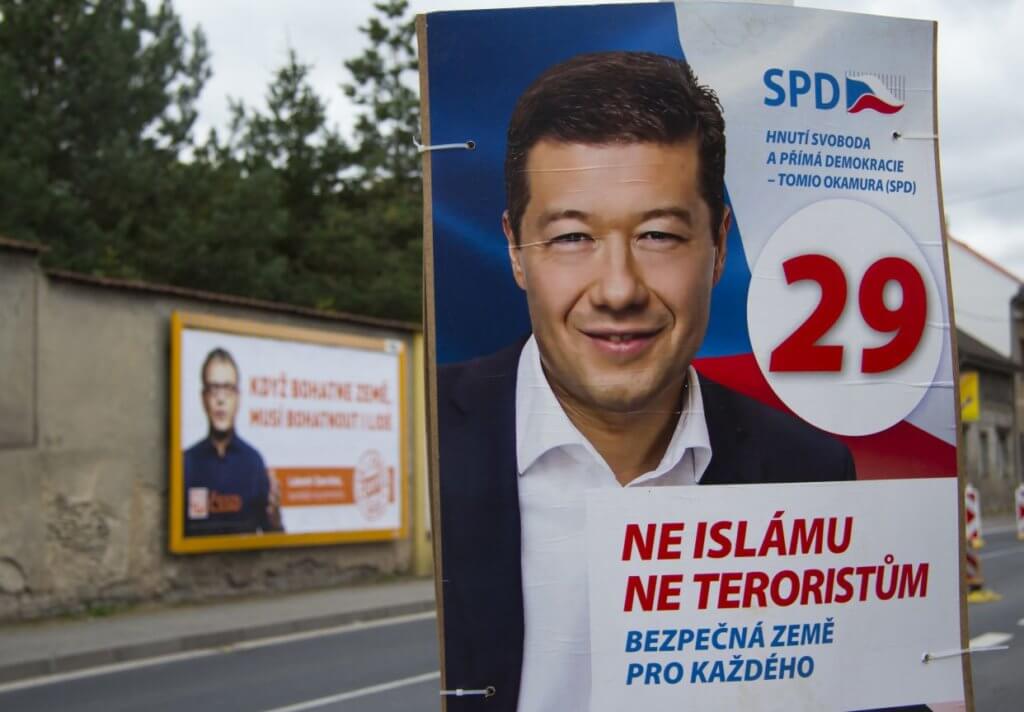
Kladno, with a population of 70,000, is known not only for its hockey and steelworks, but also for poverty and the rough situation in the twenty four local dormitories. In the absence of state-sponsored social housing, this is the only kind of private rented accommodation those on benefits are often able to secure; regular landlords won’t accept them. Some offer decent accommodation at an acceptable price, but often only for non-Roma people. The Roma are left to inhabit houses infested with cockroaches and bedbugs, where families of up to five people live in a single room without any right to privacy. There are shared showers in the corridors. Prices for this irregular accomodation can reach exorbitant heights – rent for one room for a family of five can go as high as 20,000 crowns (€930) a month. The tenants are often exposed to bullying from the dormitory landlords, but standard housing is not available to them.
Despite the fact that the Czech economy is improving, unemployment is falling while wages continue to rise, the situation of dormitory tenants remains without improvement. Their background and lack of qualifications often permanently excludes them from the job market, and if they do find work, it is in minimum wage positions, where the pay cannot cover basic life necessities. Many of them fall into debt and lose a large share of their income to debt collection, so they prefer to work cash-in-hand. The largest employers in the region include Lego, and Amazon in Dobrovíz. In the experience of the locals, work in the American corporation’s distribution warehouse is quite well paid, but very demanding. They work in ten-hour shifts, during which the workers walk dozens of kilometres.
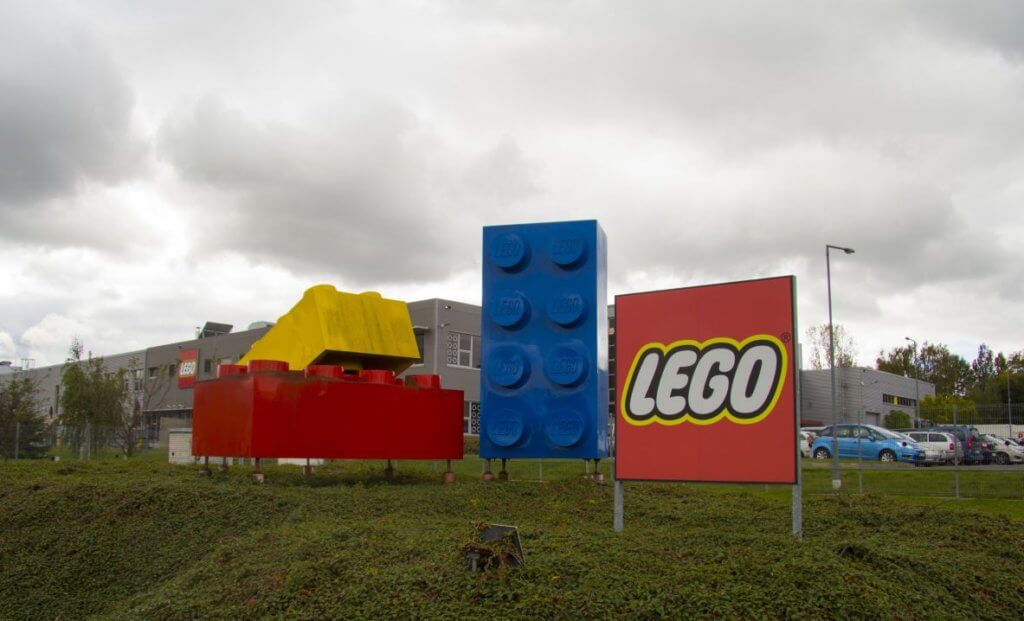
Why isn’t the Government building appartments?
I inquire about the dormitories with an older gentleman at a bus stop on the edge of a housing estate. He replies with a distinctive “joke”, followed by laughter: “I don’t really know my way around. I just spent a year here during my military service, and it’s too bad we weren’t issued free bullets. You know why? So we could shoot the gipsies whose breeding has gotten out of hand round here.” Another smiling 70-something joined the conversation, trying to set him straight: “But some of them adapted in the end.”
Mrs Janáčková lives with her partner in one of the Kladno dormitories: “I pay €350 for one room and a bathroom, but I just had my housing benefit lowered and my living benefits also went down. I have to pay a bigger difference and I don’t even have money left for my diabetes medication.” She lives in one of the better dormitories, but even here there are strict rules. The response to every little trifle or a delayed rent payment is immediate eviction. She shows me an empty fridge and the remains of a mouldy piece of bread, claiming she has no food left. Her situation worsened in July, when an amendment to the law on material poverty came into effect. This included a blanket 10% decrease to housing benefit. Moreover, the welfare benefits go directly to the landlord’s account.
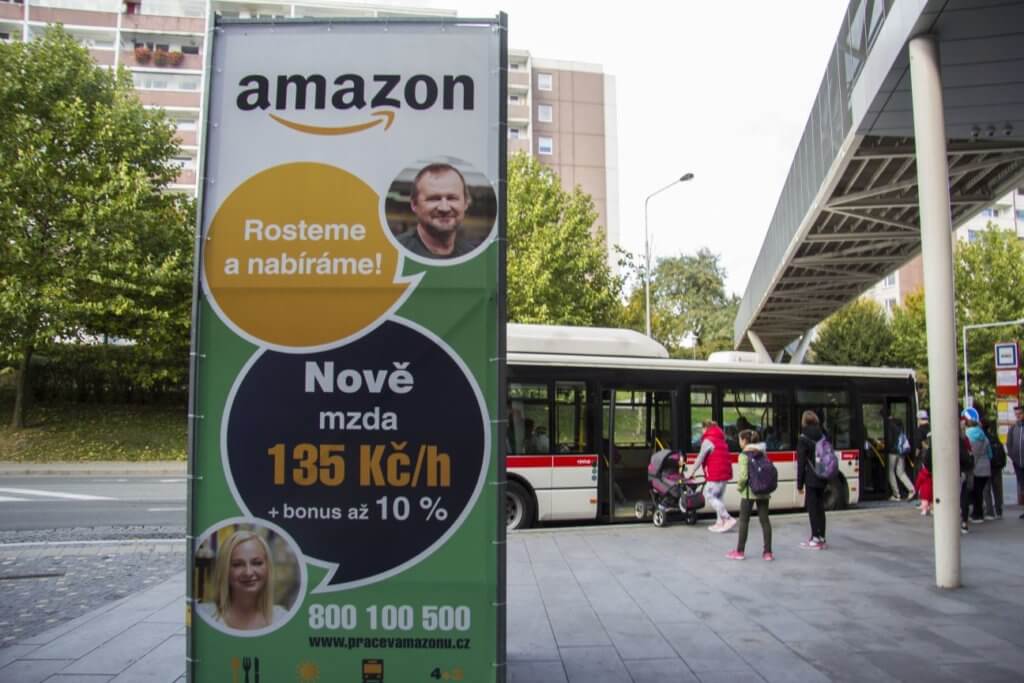
Until this summer, Mrs. Janáčková received a sustenance benefit of 7100 crowns (€275) together with her partner. In September, this fell to under 6000 crowns (€230). Nobody gave her an explanation as to why she is receiving less money, but it seems that she didn’t work the 20 hours a month specified in the aforementioned amendment. Furthermore, she receives most of the benefits in food vouchers, with which she can’t pay rent or purchase medicine. In order to pay for her accommodation, she sells the food coupons for cash, as do many others. On the black market, she can get 800 crowns (€30) for coupons worth 1000 (€40). She shows me a medicinal prescription for 240 crowns (€10) which she can’t pick up, describing how much worse she has felt in the last few days. She lost her job in the 90s and couldn’t find a new one as she is illiterate. When we say our farewells, she adds: “I don’t understand how they can leave us here like this. Why isn’t the government building apartments?”
Protecting the majority from the minority
Authorities are only just beginning to put the amendment to the law on material poverty, prepared by the Ministry of Labour and Social Affairs, into effect. Further changes were introduced by Vladislav Vilímec, member of parliament for the conservative ODS (Civic Democratic Party), who claims to have wanted to give municipalities greater authority in deciding on benefit payouts for dormitory accommodation. Vilímec pushed through a controversial provision which allows municipalities to define so-called “areas with a heightened occurrence of socially undesirable phenomena”. If the municipality uses this option, it puts into effect a blanket freeze on accommodation benefits not only for all new incoming people in need, but also to those who have to move to a new apartment within the municipality. After visiting the Kladno dormitories it is clear that the tightening of the conditions has the hardest effect on the most vulnerable inhabitants: Roma families with many children, single mothers and the disabled.
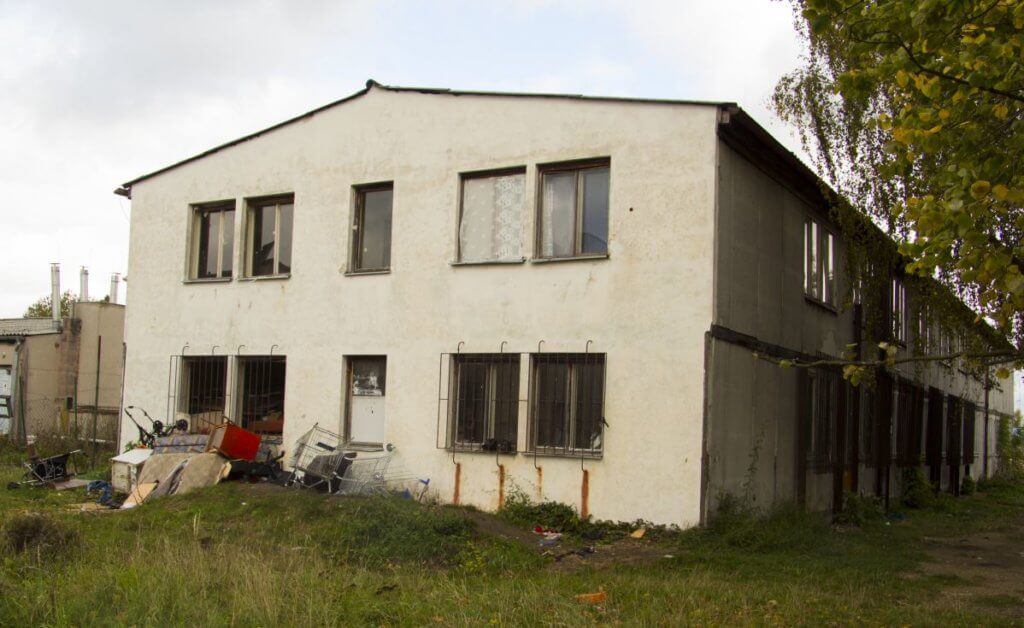
In northern Bohemia, Jirkov was the first to establish an area without benefits, which started a domino effect. Similar proposals were then made by politicians in Litvínov and Děčín. Obrnice followed – famous for being one of the most indebted places in the Czech Republic; every second person has the debt collectors knocking on their door. The mayor of Kladno, Milan Volf (Volba pro Kladno – Choice for Kladno, ex-ODS) came up with a unique interpretation of the amendment: at the end of September, he proposed establishing an “area with a heightened occurrence of socially undesirable phenomena” in the entire city. In an interview for Czech Radio, he claimed this was “the only way of stopping further socially deprived and unadaptive individuals from coming”. The mayor considers most people who receive social welfare “totally impossible to educate” and claims that the city’s population includes “4.5% of unadaptive citizens”, whom he wants to drive out of the city.
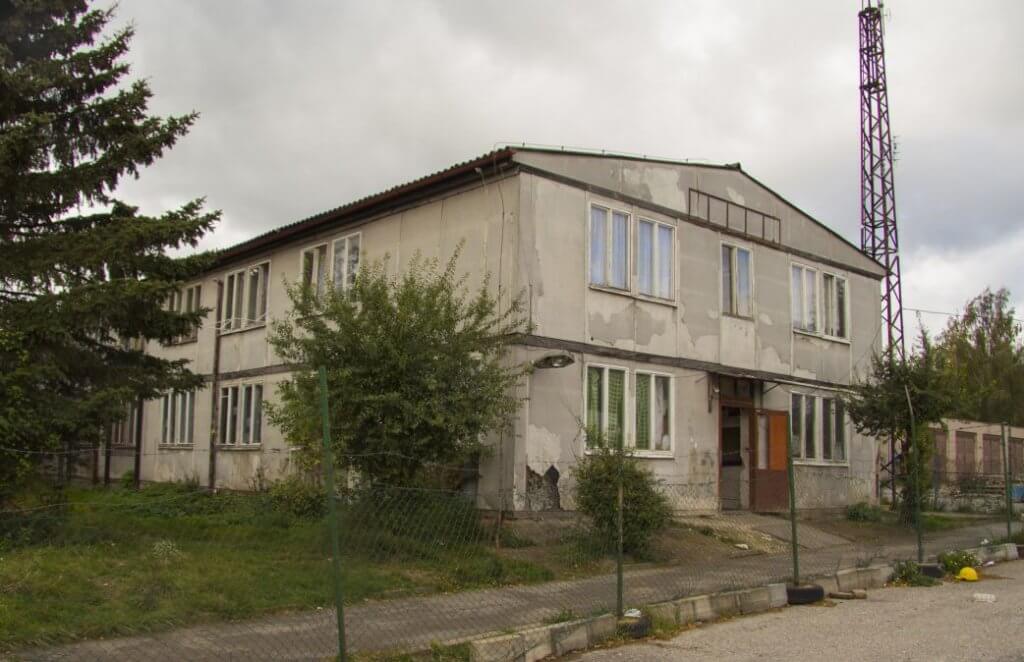
According to Volf, there are only 24 decent people among the 3500 receiving housing welfare – and the restriction should not affect them. When asked why the municipality doesn’t direct its efforts to the creation of affordable housing, Volf responded that they “are certainly not going to build social housing for these clients… We protect the majority from the minority.” In the official justification for the area’s delimitation, the main reasons he cites are the “concentration of a large number of low-income individuals threatened by social exclusion” and “a linear increase in crime”.
Unconstitutional Measures
Petra Hrubá, a field worker with the Kladno branch of Člověk v tísni (People in Need) has a different opinion: “These measures are not sensible, and will lead only to an aggravation of the existing social problems. The justification for defining this area is dubious on many counts, especially regarding the increase in crime or the number of exchanged syringes”. She responds to the mayor’s words about the “flood of unadaptables”: “We have not registered an increase in migration. During my seven years of field work, I’ve observed the usual cyclical migration, which involves the migration of people with unstable accommodation within the city or region looking for housing in dormitories.”
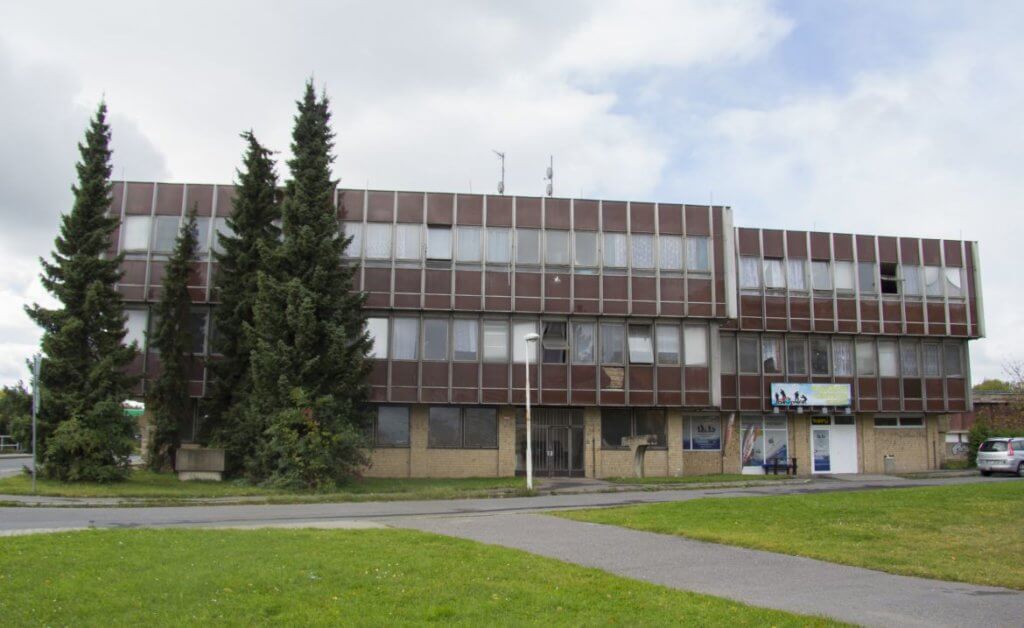
Petra Hrubá considers Milan Volf’s methods a continuation of a long-term attempt to push the poor out into the periphery. She claims the city reaches for repressive measures – as far as she could observe, it does not attempt to prevent people losing their accommodation and has no conception of establishing available (social) housing. On the other hand, in recent years her organization has observed a change in approach at the social services department of the city of Kladno, which cooperates more closely with the providers and looks for innovation in order to improve the situation of endangered citizens.
“These steps would affect people who would have to leave their current dormitory for whatever reason – if they have twins and they need a bigger room, if they have the opportunity to get a flat with an en suite bathroom or they have to escape domestic violence”, adds the social worker. Those who lose their housing benefits in this way will either end up in one of the two overcrowded asylum shelters, or be forced to move to another city, where they will still be entitled to benefits. Furthermore, mayor Volf openly admits in the media that the resettlement of the undesirable population is his goal. The consequences of these measures will be the exact opposite of what is declared in the justification – most likely, Kladno will see an increase of homelessness and socially undesirable phenomena.
According to social workers, the problem lies in the excessively vague legal definition of an area with heightened occurrence of socially undesirable phenomena, which the individual municipalities can interpret very freely. The attempt by the city of Kladno to restrict social welfare in the entire city is an isolated occurrence so far, but it could inspire other mayors who want to get rid of their poor.
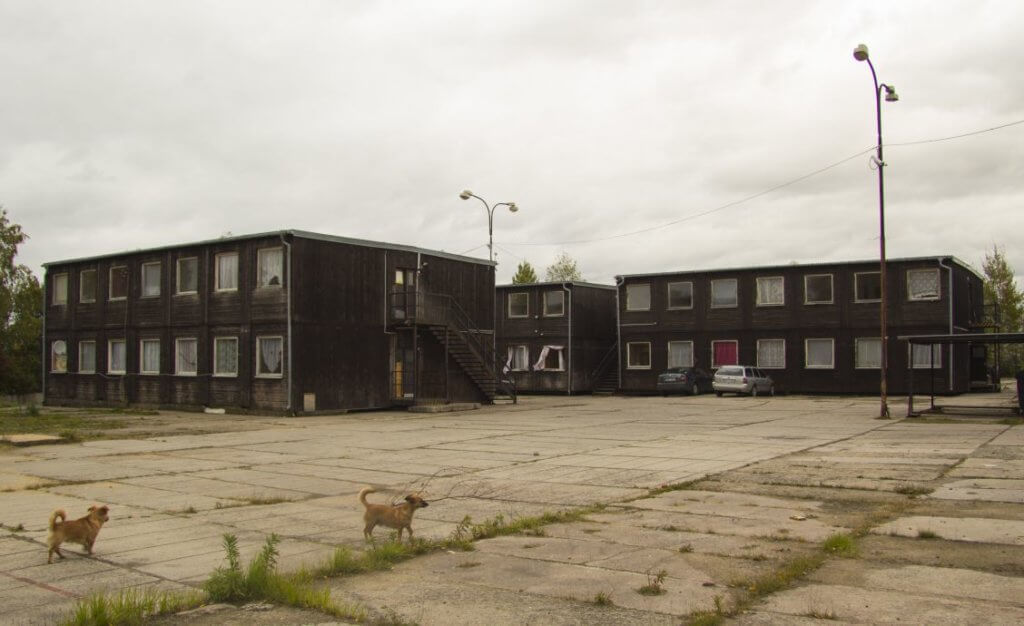
According to the lawyers of People in Need, as well as a statement by the Platform for Social Housing, the measures introduced as part of the amendment to the law on aid in material need may breach basic rights guaranteed by the Czech constitution. The amendment breaks the principle of equality in the entire social system by disadvantaging applicants living in municipalities that have decided not to pay out benefits. Furthermore, it prevents freedom of movement and residence and disrupts the right to aid in material need and the protection of family.
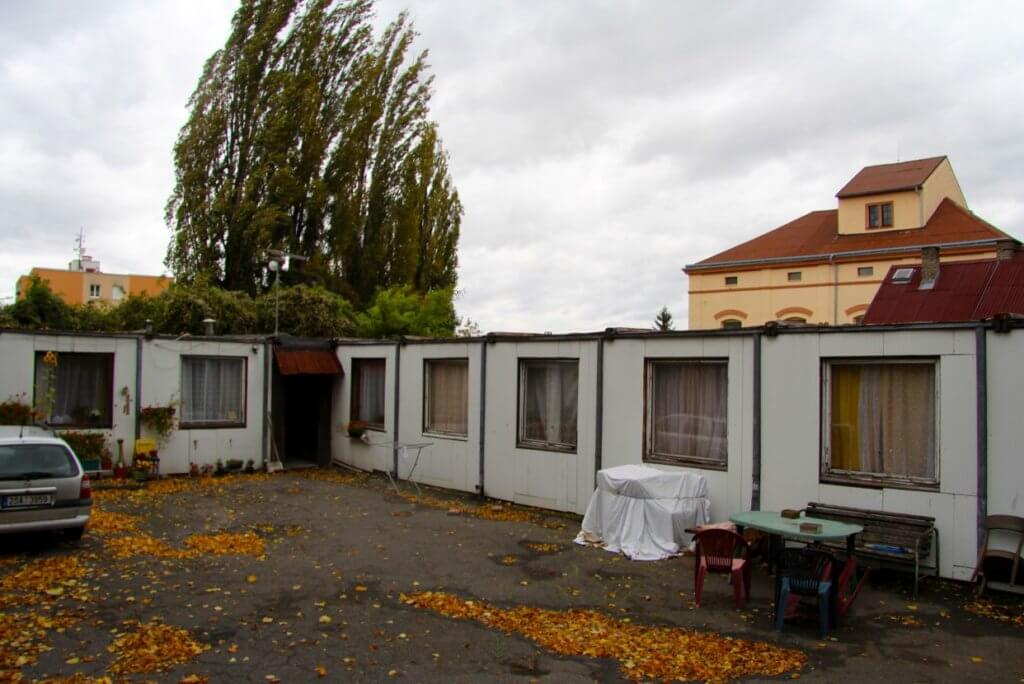
At present, approximately three hundred thousand people spend more than 40% of their income on housing– two hundred thousand of these are in pressing need of housing. Around eighteen thousand households who receive housing benefits live in dormitories. Around five thousand children grow up in entirely inadequate temporary housing conditions. The situation in Kladno confirms concerns that the restriction of payouts may further aggravate poverty and will certainly not help to reduce the number of dormitories. People in housing need, social workers and experts are in agreement that the only solution is to create a network of available social housing. The social housing law, which the current coalition government was unable to pass, should therefore become the priority of whatever government emerges from the upcoming parliamentary elections.
**
This piece was translated from Czech by Ian Mikyska. The author is an editor at A2larm.cz.
![Political Critique [DISCONTINUED]](http://politicalcritique.org/wp-content/uploads/2015/09/Political-Critique-LOGO.png)
![Political Critique [DISCONTINUED]](http://politicalcritique.org/wp-content/uploads/2015/09/Political-Critique-LOGO-2.png)